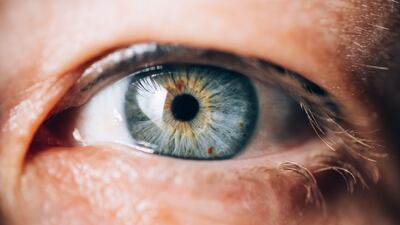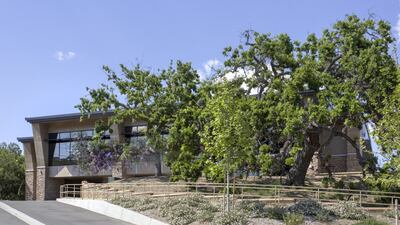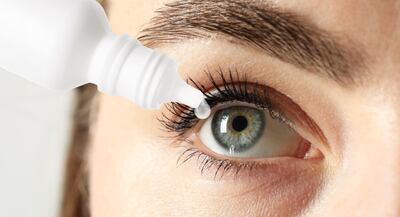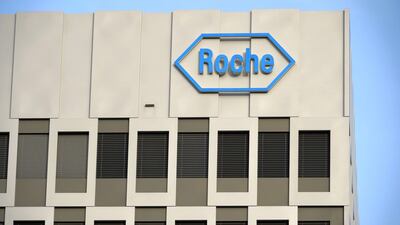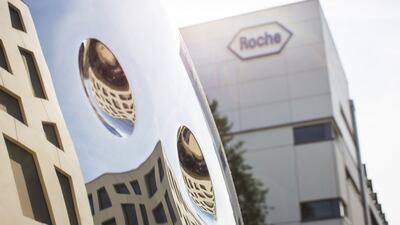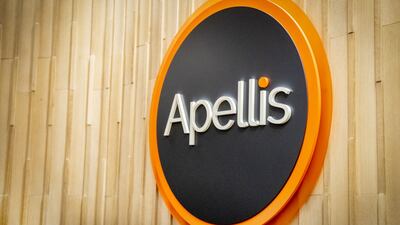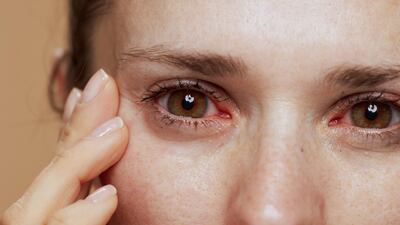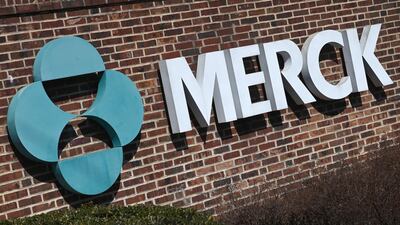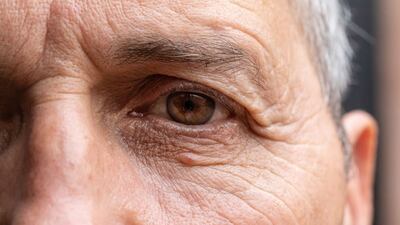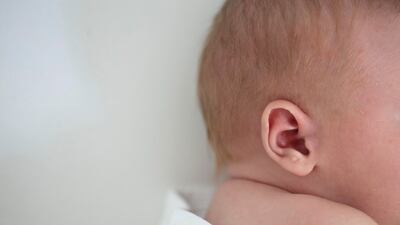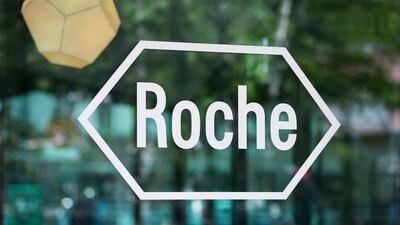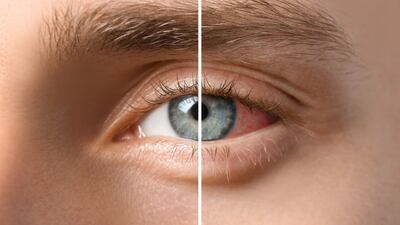Sensory
Tarsus Pharmaceuticals is putting more sales and marketing heft behind its novel eyelid disease therapy, Xdemvy, to capitalize on a solid start in a previously untapped market.
The group has stopped further development of the IL-17A inhibitor in hidradenitis suppurativa and psoriatic arthritis, and intends to pivot to a thyroid eye disease therapy.
The company said earlier this year that it would resubmit reproxalap for US FDA approval before the end of 2024 once it completed another Phase III trial and is eyeing both acute and chronic use.
Sales of the Swiss group’s bispecific in retinal vein occlusion are forecast to increase out to 2030 as sales of Eylea and Lucentis fall.
Having relaunched Susvimo for wet AMD, Roche now has the ocular implant under FDA review for approval in two diabetic ophthalmic indications and presented two-year data in those settings.
The two biotechs each hope to offer an Eylea-sparing regimen to wet age-related macular degeneration patients with gene therapies that induce natural production of aflibercept.
The implantable eye treatment will be back on the market soon, but risk of eye infections and complications remain higher than with injectable treatments, meaning it will play second fiddle to Vabysmo.
In a major boost for the UK biotech sector, an impressive sum has been raised by Beacon Therapeutics to support its R&D activities in ophthalmic gene therapies.
The delayed decision from the CHMP is another rejection for Syfovre but Apellis still hopes the regulator may be convinced in a second review later this year.
With no approved therapies globally for Stargardt's, competition in the indication is increasing in Japan, where Kubota Vision is seeking for conditional approval for emixustat, while Belite Bio’s contender tinlarebant has received Sakigake designation as a local Phase III program continues.
The company will take on Novo Nordisk in reviving the CB1 inhibitor mechanism to develop a more tolerable long-term weight loss drug, after exiting ophthalmology.
Oculis’s licaminlimab showed ability to treat a sign of dry eye disease in a genetic subpopulation, but data in the fuller Phase IIb trial enrollment were less impressive.
Veteran developers stay on to accelerate development of potential first-in-class drug to challenge Bayer/Regeneron’s Eylea and Roche’s Vabysmo in a deal worth up to $3bn.
The company reported positive topline data from a Phase II study testing RZ402 in patients with diabetic macular edema.
The US biotech’s DB-OTO has made headlines worldwide after a baby with profound genetic deafness experienced improved hearing to normal levels within 24 weeks after a single intracochlear injection.
The Swiss major brings a new ruthlessness to the compounds in its pipeline: if they’re not first or best, they’re out.
In this week's podcast edition of Five Must-Know Things: Genmab buys into ADCs; Roivant set to take on AbbVie in uveitis; Ipsen signs firs ADC pact; South Korea looks to build biotech momentum; and the end of the road for Acorda.
LENZ announced successful results from its Phase III pivotal trial of LNZ100 and plans to apply for US FDA approval in the middle of this year, with commercialization in Q2 2025.
Roivant’s brepocitinib bests data Humira previously posted in non-infectious uveitis, a top cause of blindness. The TYK2/JAK1 inhibitor also is in Phase III for dermatomyositis.


